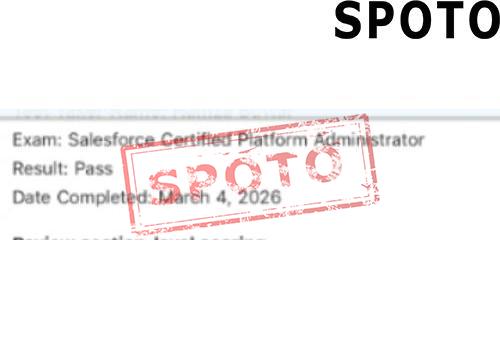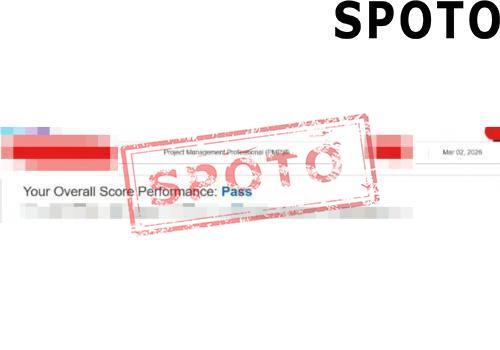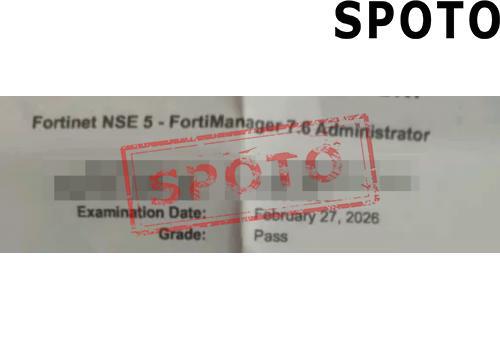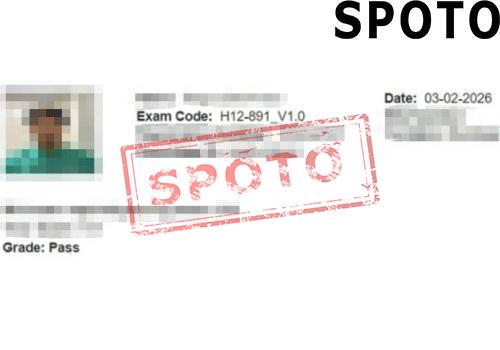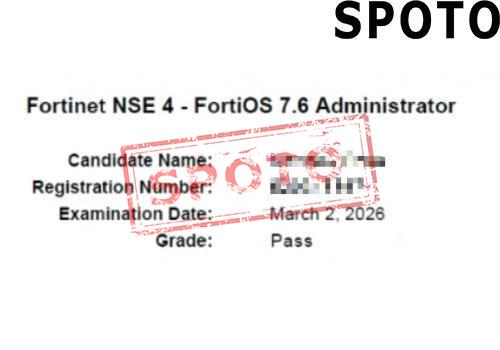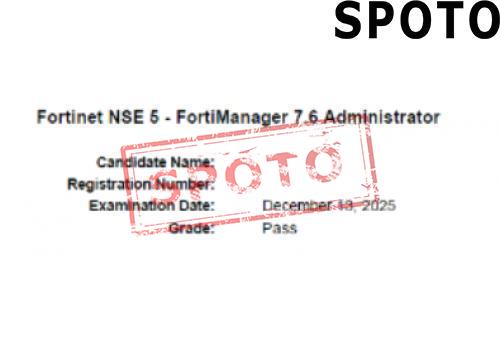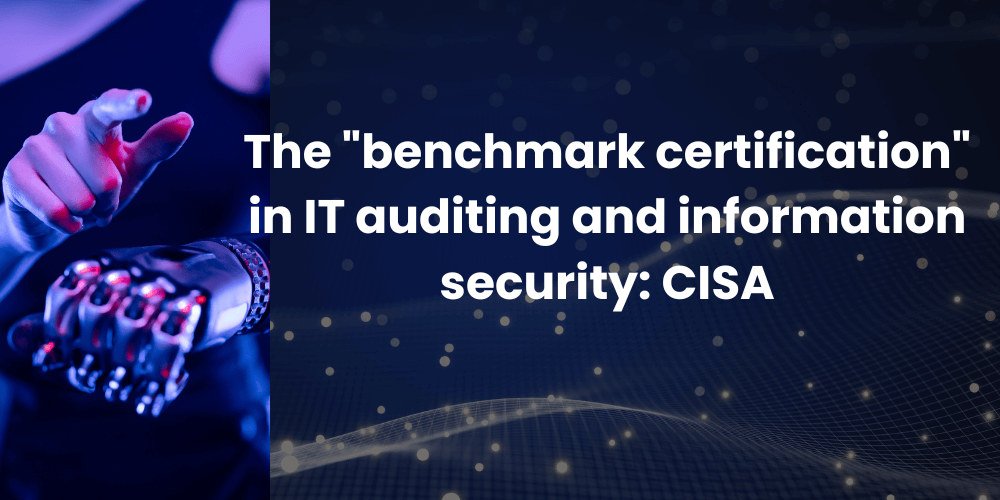
Table of Contents
From this article, you will learn that CISA is a certification that verifies the holder's ability to ensure the security and efficient operation of information systems.
1. What is CISA certification?
The Certified Information Systems Auditor (CISA), a premier global credential in IT audit and security, is conferred by the Information Systems Audit and Control Association (ISACA). Focusing on information systems governance, risk, compliance, and security controls, it verifies the holder's expertise in information systems audit processes, IT governance, risk management, and security controls.
In the digital age, the security, reliability, and compliance of enterprise information systems directly impact business continuity and data asset security. The core of the CISA certification is to cultivate overseers and guardians of IT systems, requiring holders to not only independently perform information systems audits but also identify IT risks, drive governance improvements, and ensure organizational compliance with regulations and industry standards. Covering the entire IT audit process, the CISA serves as a key bridge between technology, business, and compliance, and is considered the "gold standard" for IT auditing positions by global enterprises and government agencies.
2. Advantages of Becoming a CISA
CISA is the most influential certification in the IT audit field globally, recognized in over 180 countries and regions. Over 90% of IT audit positions at Fortune 500 companies prioritize it, making it a "passport" for cross-border career development and a globally recognized authority.
According to ISACA, the average annual salary for CISA holders worldwide is approximately $120,000, significantly higher than that of non-certificate holders, and CISA holders are in high demand in industries with strict IT compliance requirements, such as finance, technology, and government.
The CISA certification covers a full range of areas, from audit processes to security controls, from governance to business continuity. It helps practitioners develop a comprehensive perspective on both technical and business compliance, adapting to the audit demands of complex IT environments. It also cultivates a comprehensive skill set, facilitating future career advancement.
CISA holders can join the ISACA Global Community to access the latest audit standards, industry reports, and networking opportunities, stay updated on cutting-edge trends in IT governance and security, and access the latest industry resources.
3. Do you know about CISA certification?
Candidates are tested on five core areas in the CISA exam: (1) Information Systems Audit Processes, (2) Governance and Management of IT, (3) Information Systems Acquisition, Development, and Implementation, (4) Information Systems Operations and Business Continuity, and (5) Protection of Information Assets. These modules demonstrate the combined capabilities of "Audit + IT + Governance."
CISA holders are required to develop audit plans, determine audit scope, assess audit risks, and execute audit procedures. They must also review documents and use technical tools to obtain evidence, assess the impact of control deficiencies, and prepare audit reports that clearly present findings, recommendations, and priorities. They must also track the implementation of corrective actions to ensure closed-loop management. In terms of theoretical learning, practitioners must understand governance frameworks, assess the alignment of IT strategies with business objectives, identify IT risks, and evaluate risk management strategies to ensure acceptable levels of risk. Reviewing the rationality of IT human resources, budget allocation, and vendor management is also part of their daily work.
CISA holders are also required to assess the full-process controls from requirements analysis to design, testing, and launch. They must review contract terms, vendor qualifications, and risks associated with IT service outsourcing. They must also evaluate the schedule, cost, and quality control of IT projects to ensure they are delivered on schedule and meet business requirements. They must also audit the effectiveness of daily system operations and maintenance to ensure system availability and reliability. They must also evaluate the rationality of disaster recovery plans and business impact analyses, verify the feasibility of emergency response procedures, and monitor the operational compliance of outsourced services to ensure service levels are consistent with the contract.
4. Qualifying for the Certified Information Systems Auditor certification
(1) Prerequisites
There is no mandatory academic requirement for the CISA certification, but practitioners must have accumulated at least 5 years of relevant work experience in information system auditing, control, security or governance within 5 years after passing the exam, or practitioners need to have a certain amount of experience in the academic field.
(2) Passing the exam
Candidates face 150 multiple-choice questions within the 4-hour CISA exam, spanning the five core domains. Candidates can choose to take the exam at an authorized test center or online remote proctoring. The CISA exam is scored on a scale of 800 points, and a score of 450 or above is required to pass. The exam fee is US$465 for ISACA members and US$675 for non-members.
(3) Maintaining the certification
The CISA certificate is valid for a total of 3 years and practitioners must accumulate 120 continuing professional education (CPE) credits every 3 years by participating in training, publishing articles, participating in industry conferences, and paying maintenance fees ($85/year for members and US$145/year for non-members).
5. Similar certifications of Certified Information Systems Auditor certification
- Certified Internal Auditor (CIA)
- Certified in Risk and Information Systems Control (CRISC)
- Certified Information Security Manager (CISM)
- Qualified Security Assessor (QSA)
